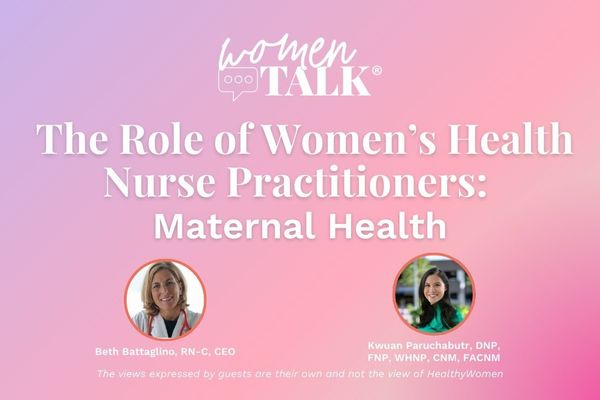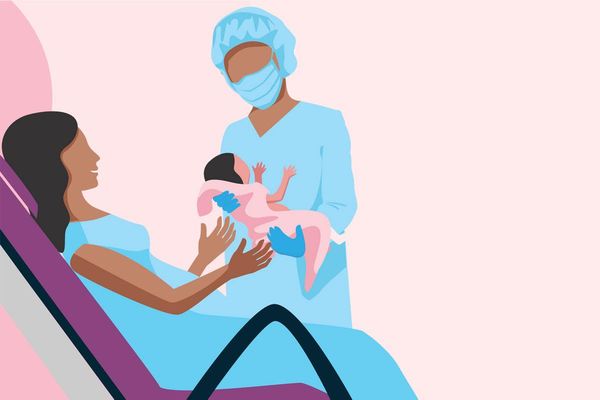Now that your fertilized egg has made its way to your uterus, things are really starting to get interesting. This cluster of cells is dividing into two parts: one that will form an embryo and the other a placenta.
Tip of the week:
When choosing a doctor or midwife, you should always check his or her credentials first. Luckily, a number of organizations are making it easier for individuals to do so by collecting data on health care providers and making it available to the public. For example, the American Board of Medical Specialties (abms.org) features a list of board-certified physicians to choose from, and certain pay sites, like HealthGrades.com, can even provide patient satisfaction scores and any history of professional misconduct. Look for a midwife certified by the American College of Nurse Midwives.
The embryo will eventually turn into a fetus, but for now it's about the size of a very small freckle, and the amniotic sac is forming around it. Encapsulating the tiny new life is the placenta, which will help deliver nutrients to your developing baby and carry away waste.
Embryos have three layers, which will ultimately make up specialized organs and body parts. The innermost layer is the endoderm. This part will become your child's digestive system, liver and lungs. The second layer is the mesoderm, and it is the early stages of a heart, sex organs, bones, kidneys and muscles. The outermost layer is known as the ectoderm, which will comprise the nervous system, skin, hair and eyes.
As all of these important little details are developing, you may just now be suspecting that you've successfully conceived. You may have missed a period and experienced some of the early symptoms of pregnancy like breast discomfort, fatigue, nausea and more. Click here to find out the first signs of pregnancy.
Because you're going to need a doctor to confirm your pregnancy even after receiving a positive at-home test, week four may be a good time to choose a health care professional.
There are a few key factors you should consider at this point, like whether you want a male or a female provider, and if you want to pick an obstetrician, your family doctor or a midwife. Studies find that care provided by midwives, family physicians and obstetricians is equally effective, although women are slightly more satisfied with care from midwives and family physicians.
Choosing a health care professional is an important decision, so you may want to talk to family and friends about their recommendations, as well as conduct interviews with prospective health care providers. If you know where you want to deliver your baby (such as at home or at a specific hospital or birthing center), make sure the health care professional you choose can deliver at that place. Click here for more tips on finding the provider that is right for you.
Read more:
First Signs of Pregnancy
Choosing a Midwife: What You Need to Know
Due Date Calculator







